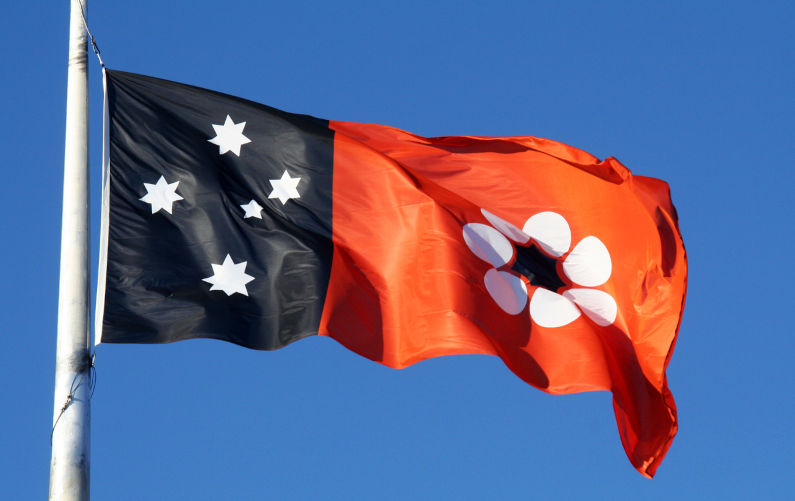Another road for “Made in Australia”
May 16, 2024
In spruiking their coming “Future Made in Australia” policies PM Albanese and Treasurer Chalmers have singled out for a possible government “helping hand” projects designed to promote our role in their hoped-for future renewable, green economy. But if government “helping hands” are thinkable they could be applied in other areas as well. One area crying out for attention is in establishing and supporting employment-creating projects and businesses in the Northern Territory.
Recently, a great deal of government attention and intervention has been devoted to the social problems that have become apparent in areas of the Northern Territory, in particular Alice Springs. There it was found necessary to bring in a curfew and restrictions on the sale of alcohol to try to curb lawless and violent behaviour, by aboriginal young men in particular. There are no doubt many factors that can be cited to explain that behaviour, but I think there would be general agreement that a very important one is the absence of enough decent and reliable work opportunities for young aboriginal people. My own experience of Alice Springs has been very limited, but I still remember the contrast between the vibrant and happy appearance of children coming out of school in the afternoon, everything before them, and the groups of men sitting on the hill above the Todd River, clasping their flagons and doing nothing at all. Would the shining kids end up like that? Perhaps.
So what do we do, apart from stricter policing? I have always thought that the availability of decent, reliable, remunerative and responsible work is enormously important for any society or group of people. Unfortunately I fear that that is not available to our aboriginal citizens in the Northern Territory—although I know that aboriginal citizens have achieved high positions in many fields of endeavour in the country as a whole.
I think that what is needed is for Australian governments, Federal, State and Territory, to accept that they need to give a hand—a financial and administrative hand—to efforts to establish in the Northern Territory and out-back areas businesses and enterprises that can provide a realistic and positive future for the younger generations coming on in the aboriginal community. That helping hand need not go on for ever; in South Korea, for example, the government typically sold off its interest in firms it had helped establish once they showed they could manage. But it could go so far as, for example, to subsidise the transport of goods made in remote areas to more populous areas where they could find a market.
It would not be easy to establish such a system, or network of enterprises. In considering the proposed “Made in Australia” future, experts like Michael Keating have stressed the need to ensure that proposed projects meet stringent criteria. That would apply to projects of the kind I have discussed as well. But that doesn’t mean we should simply dismiss the idea of them as all too difficult, or requiring so much preparatory consideration and work that possible projects are analysed to death. Of course, in line with a theme which emerged strongly from the discussion around the Referendum, they should be selected and developed by, or in close consultation with, relevant aboriginal communities and bodies.
If the Government is in a mode to think actively about what it can do to produce the “economically inclusive” future we hope for, and not just rely on market forces, surely bringing about a better future for our aboriginal citizens is a worthy objective—and a bit more humane and relatable to than the quest to become a “renewables super-power”. Perhaps not for this budget, but the next?

